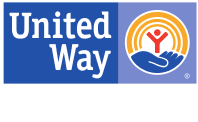About the JCC
Our Mission
Nurturing People.
Connecting Community.
Each Day.
Through Every Age.
Inspired by Jewish Values.
Fulfilling Our Mission For More Than 128 Years
The Jewish Community Center of Greater Pittsburgh, a member of the Jewish Community Center Association of North America, is one of the largest social service, recreational and educational organizations in the region.
For more than 128 years, the JCC has enriched our community by creating an environment rooted in Jewish values that strengthens the physical, intellectual and spiritual well-being of individuals and families.
Comprehensive programming includes child care and preschool, after-school and school’s-out programs, day and overnight camping, senior adult activities, fitness and wellness programs, special needs services, arts and cultural activities including a nationally-accredited Jewish museum and scores of programs for all ages and interests.
The JCC houses state-of-the-art fitness and wellness facilities, heated indoor swimming pools and an Olympic-size outdoor pool for summer use, gymnasiums, outdoor playgrounds, auditoriums, dance studios, classrooms and meeting areas.
The JCC is a beneficiary agency of the Jewish Federation of Greater Pittsburgh, United Way of Southwestern PA and Jewish Healthcare Foundation.
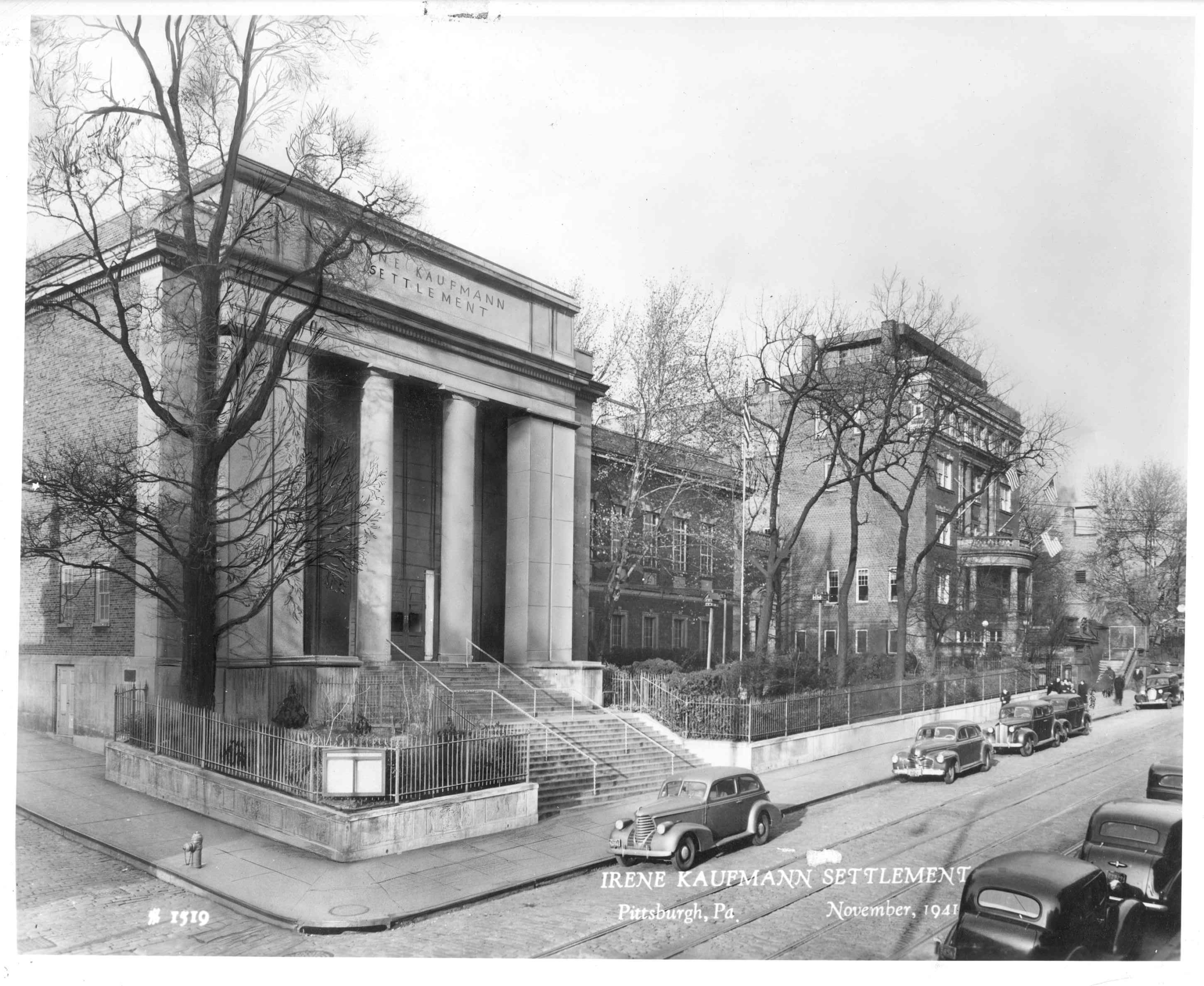
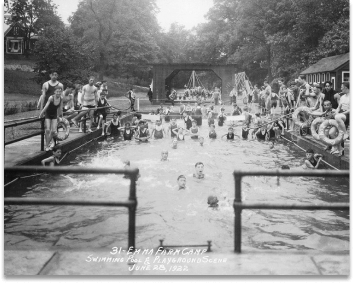
Our Leadership
Our Shared Framework
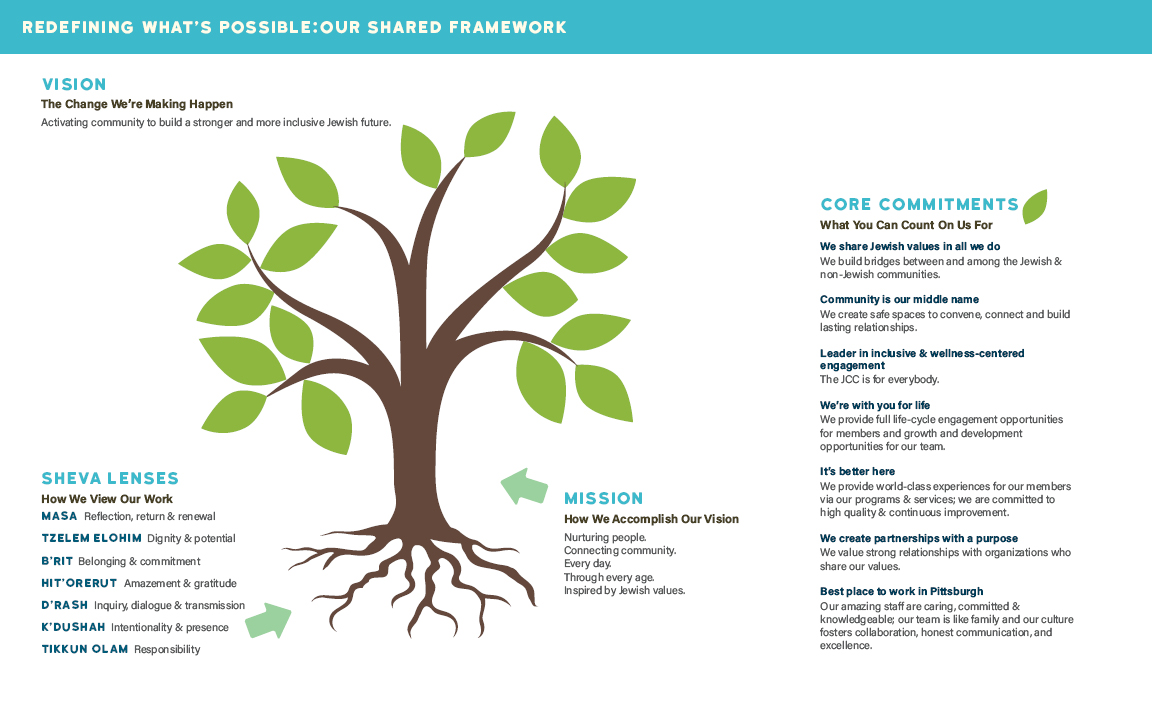

FY26 OFFICERS AND BOARD
OFFICERS
Merris Groff, Chair of the Board
Joshua M. Farber, Vice Chair
Carole S. Katz, Vice Chair
Samantha Klein, Vice Chair
Sharon Werner, Vice Chair
Samuel W. Braver, Treasurer
Daniel Gilman, Assistant Treasurer
William H. Isler, Secretary
Andrea Ruttenberg, Assistant Secretary
Jason Kunzman, President & CEO
Scott E. Seewald, Immediate Past Chair
BOARD OF DIRECTORS
Beverly A. Block
Elyse Eichner
John P. Halicky
Julia Howard
Anna Hollis Kander
Alison M. Karlin
David Knoll
Douglas W. Kress
Michele D. Levine
Jonathan D. Marcus
Laura E. Parker
Steven M. Recht
Todd E. Reidbord
Kenneth T. Segel
Lori B. Shure
Hilary S. Tyson
Mike Warshafsky
Marcie Weinstein
James Wolf
Related Posts
JCC State of Mind November 28, 2025: Postcards from Karmiel-Misgav
This JCC State of Mind was written by…
read more
- Featured, Israel Engagement, JCC State of Mind, Jewish Life
Cheesecake – The Taste of Shavuot
Holidays, especially Jewish Holidays, are not the best…
read more
- Adults & Seniors, Arts & Events, Jewish Celebrations, Jewish Life
Fun Facts about the Jewish High Holidays
It’s a special time of year, a time…
read more
- Adults, Arts & Events, Center for Loving Kindness, Children, Happenings, Jewish Life, Teens
JCC State of Mind July 19, 2024
People often confuse optimism and hope. They sound…
read more
- Adults & Seniors, JCC State of Mind, Jewish Life
